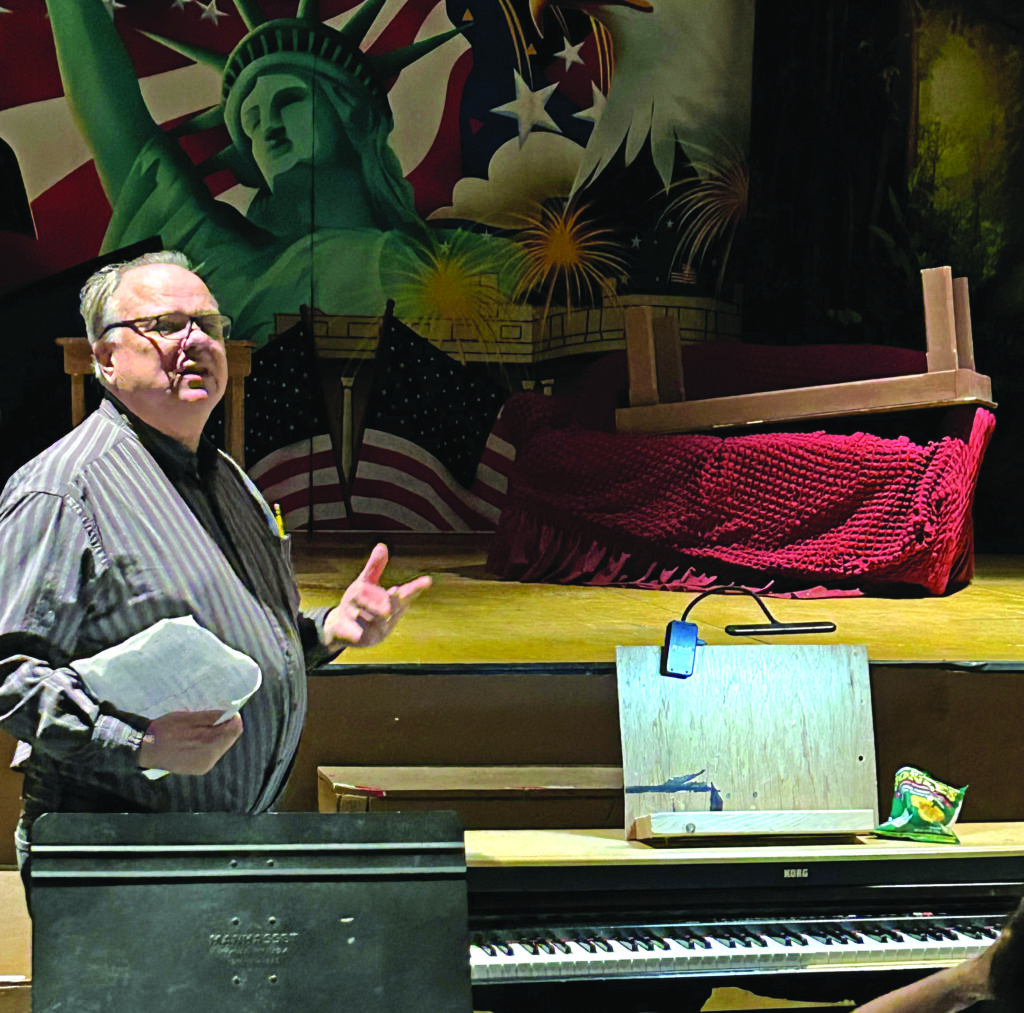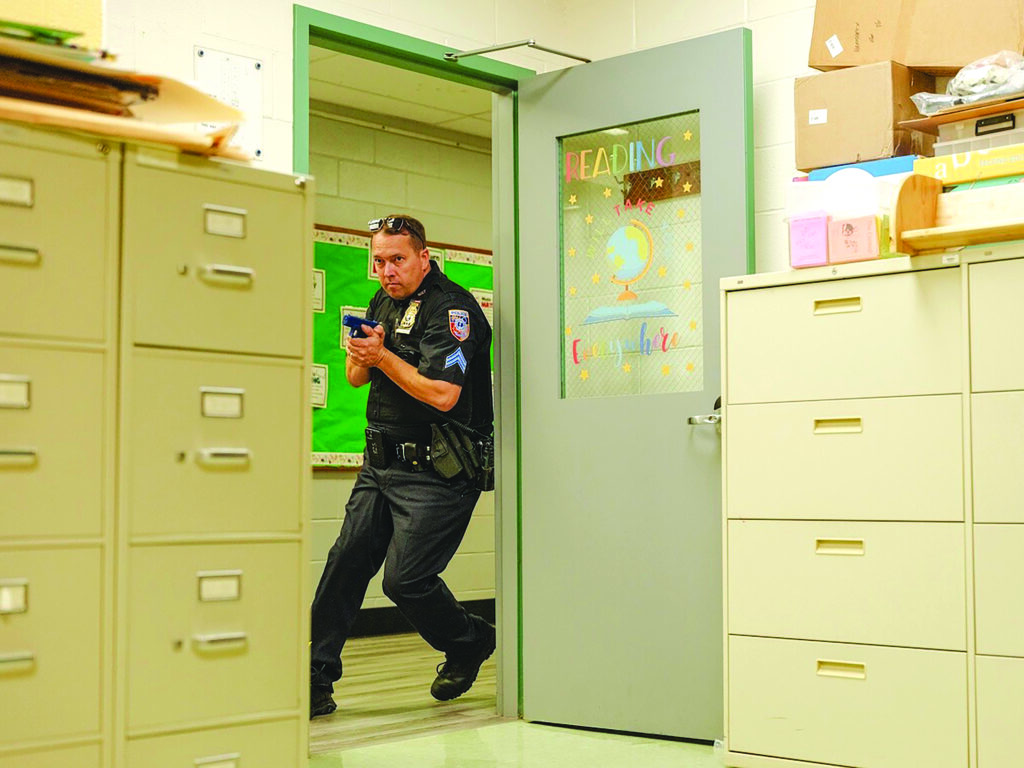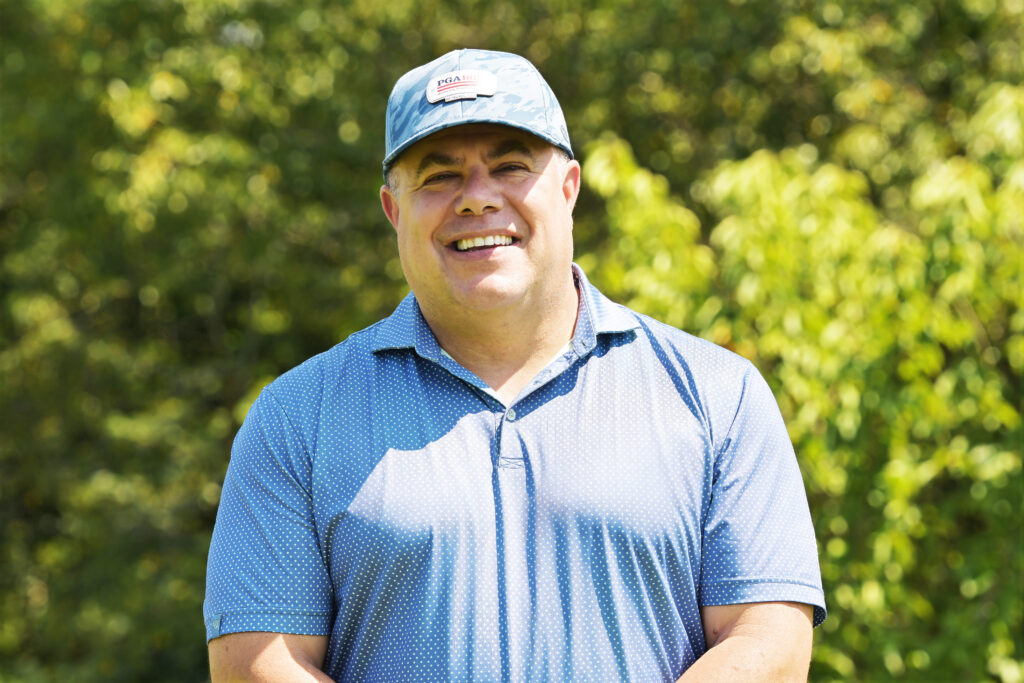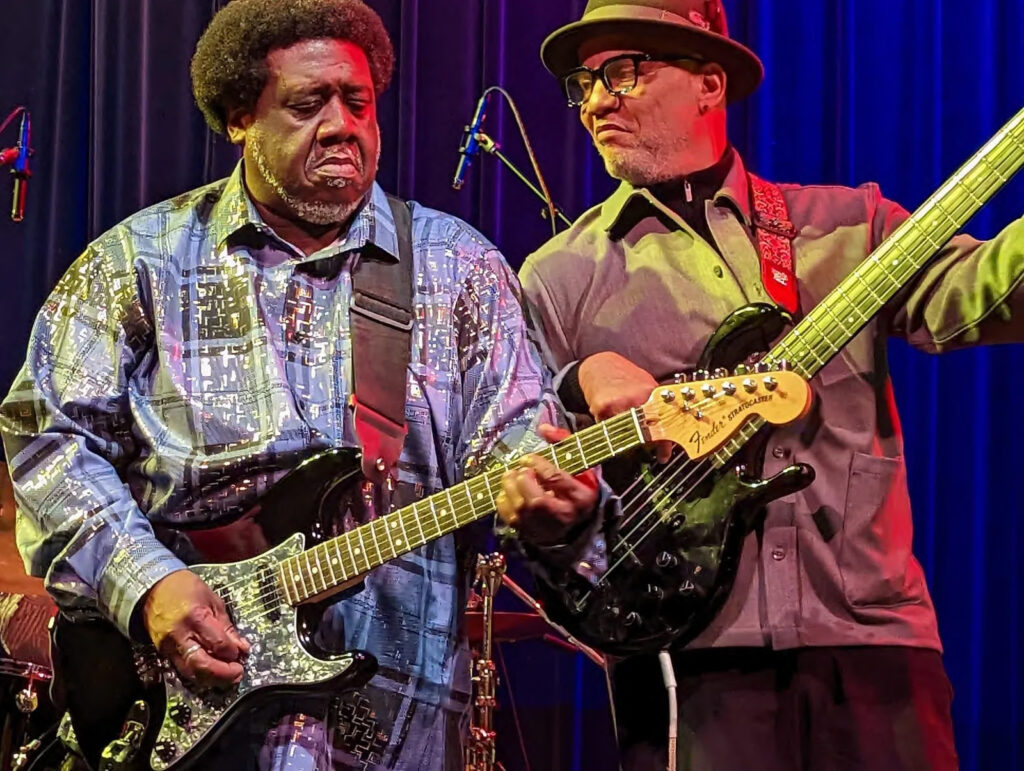Codger’s Shelter Island Column: Lucky
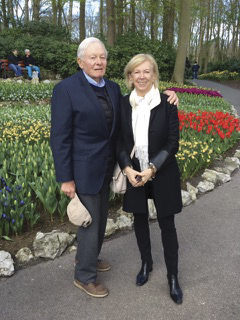
The first time Codger met Michael Coles, 25 years ago, it did not go well for Codger, then working for a different newspaper. He was writing about the unsuccessful attempt to build a senior center on Shelter Island and his interviews led to Coles, a retired Wall Street banker. He was very generous, it was said, but preferred anonymity.
Coles turned out to be a square-jawed, chesty man in his late 60s, cordial but cool. He did not want to be mentioned in the story. If he was, he said in the icy voice of a Britbox spy chief, “I shall be very cross.”
His name didn’t appear in Codger’s article. Had he intimidated Codger?
Codger toyed with that for a few years as the two men slowly drifted toward each other through Codger’s friendship with Michael’s second wife, Edie Landeck, who dubbed him “a delightful husband.” The annual parties they threw were magnificent all-Island events. His financial support of Mashomack, the Perlman Music Center and the FIT Center, among others, was known but never ostentatiously promoted. In person, he turned out to be friendly, slyly witty, very smart, self-deprecating.
By the time of Michael’s death earlier this month at 93, Codger had not only grown very fond of him, but figured out that he was pretty much what he seemed to be, a talented, scholarly, beloved family patriarch and stealth philanthropist.
He could be brutally honest, writing about the alcoholism that contributed to the death, after 40 years of marriage, of his first wife. He wrote: “I can’t speak for my children, but … I loved her until the day of her death, and beyond.”
Once, in a contemplative mood, he said to Codger, “The politics of this country are not enviable in my view, but I took an oath. I’m an American. Trump’s way of dealing is not the right way, but there must be a better way than just opening the gates. I’m grateful. I’m an immigrant and the Island is filled with undocumented people, good people contributing to the Island and making my way of life possible.”
His way of life made him a protagonist of his times, breath-taking in its swashbuckling moments. Despite his self-effacing presence, he did manage to self-publish three charming books of memoir, the second one entitled, “Lucky, Not Smart.”
In 1950, at 18, against his father’s wishes, he rejected a Cambridge education and signed up for eight years in the Royal Navy, learning to fly fighter planes off carriers in the Korean War.
After a strafing run over North Korea, in which he saw a number of his targets fall and lay still, Coles wrote in his diary, “Quite a successful do.”
“It was all complicated and difficult but a lot of fun,” he told Codger many years later in a video interview for the History Museum. “I shouldn’t say that about a war but it really was fun.”
There was more fun. Soon after “picking up a beautiful American in a Swiss bar” while on a skiing trip, Michael left the Navy and moved to America. He married Joan Collins, whose family ran Scudder Cottages on Shelter Island. Michael was enchanted. The town reminded him of his Devonshire birthplace, another “magical place shut away from the world, which hasn’t really changed as much as everywhere else.”
Michael would know about everywhere else. After an improbable acceptance at the Harvard Business School (Michael never went to college) he joined Goldman Sachs, which was just then considering entering foreign markets. Enter Michael. His third book, “A Faustian Bargain,” makes his years of global wheeling and dealing sound as exciting as air combat and as morally problematic.
Socially, Michael was a calm presence. Codger’s futile attempts to provoke him with allusions to “rowdy” behavior as a “flyboy” and buccaneering practices overseas for Goldman always received a mild, though slightly roguish, “Oh, my, what an imagination you have.”
As it turned out, he could indeed become “very cross.”
In a fiery, sarcastic 2022 letter to the Reporter editor he excoriated the Town Board for considering jamming a wastewater plant under Klenawicus Airfield in order to, as an old British music hall song went, “move grandpa’s grave to … irrigate some rich folks residence.”
That airfield was sacred land for Michael. It was Frank Klenawicus who welcomed the new homeowner and his1930 Tiger Moth biplane into the fraternity of local aviators, among Michael’s greatest joys.

“To hell with the fact that the Klenawicus family sold this long-treasured piece of family property,” he wrote, “to the Town at what looks like a bargain price so that it could be used for open space. No, sewage!”
Obviously, it was not a good idea to make the man very cross. Thanks, Michael.





